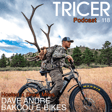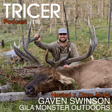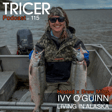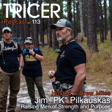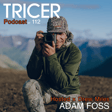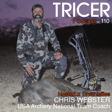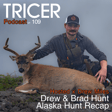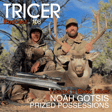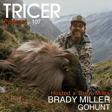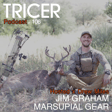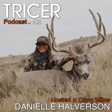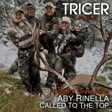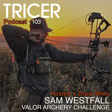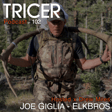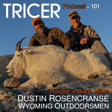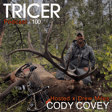
Texas High Fence Hunting Sounds Awesome – Double T Outfitters
This week on the Tricer Podcast, Drew has Brett and Trace from Double T Outfitters to discuss “high fence” hunting in Texas. Brett and Trace talk about the high fence operation and how it is 24/7/365 to keep these Texas ranches running and producing great animals. They also talk about, if you want to hunt it you can find it in Texas. The high fence hunts have it all. They talk about the ethics of their hunts and how they keep their operation on the up and up with game and fish and their clients. If you are looking for a great hunt in the great state of Texas, give Double T a call.
Double T Outfitters
Website - https://www.doubletoutfitters.net
Instagram - @las_lagunas_ranch_
TRICER USA
Website – https://tricerusa.com/
Instagram - @tricerusa
Facebook - https://www.facebook.com/tricerusa/
YouTube - @tricer
